Hematology & Blood Disorder Treatment in Pimpri Chinchwad
Comprehensive blood health management and hematology treatments in Pimpri Chinchwad.
Anemia
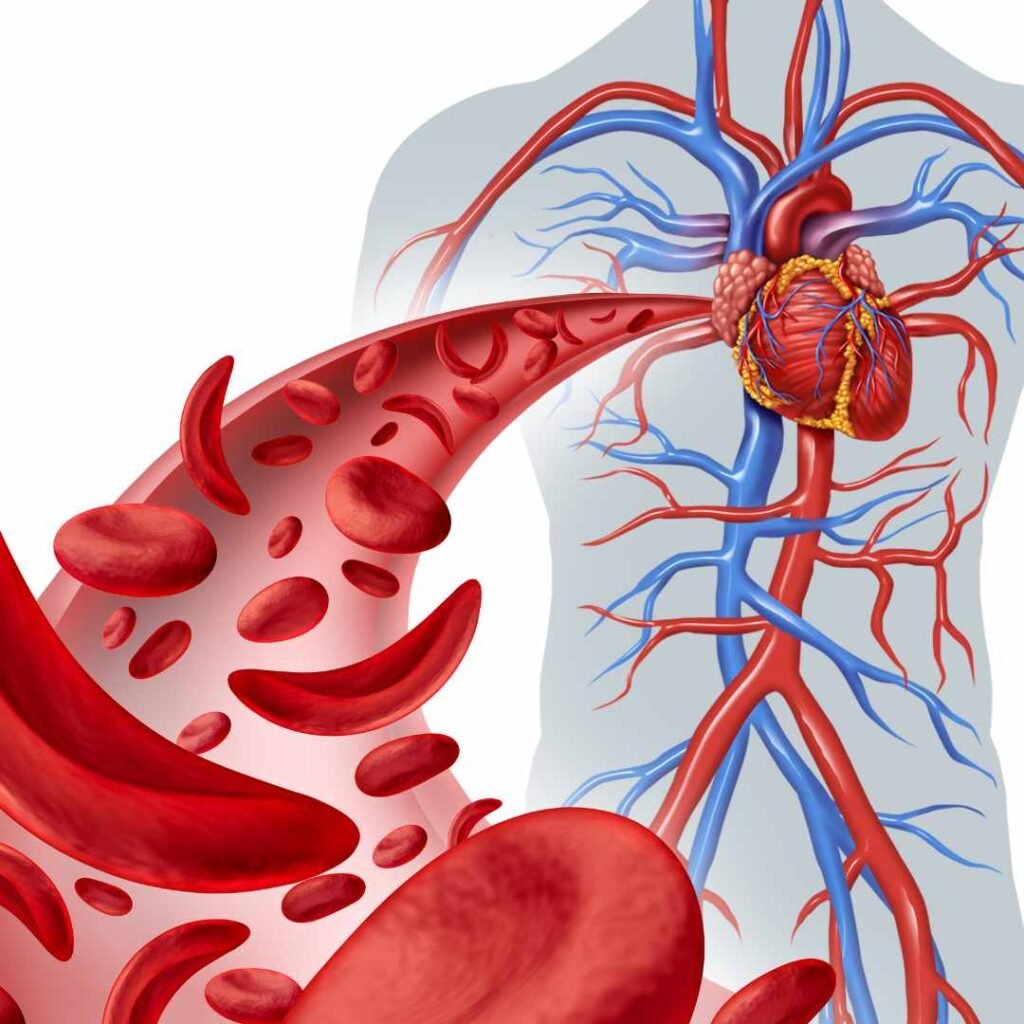
What is Anemia?
Anemia is a medical condition where the body lacks enough healthy red blood cells to carry adequate oxygen to the tissues. It often results in fatigue, weakness, and pale skin. Anemia can be caused by iron deficiency, chronic diseases, or other underlying health issues. Proper diagnosis and treatment are essential to address the root causes of anemia and prevent long-term health problems.
Ayurveda Approach to Anemia
Ayurveda treats anemia by focusing on restoring balance in the body’s doshas, particularly Pitta and Vata, which play a key role in blood production and circulation. Ayurvedic treatments aim to improve digestion, enhance nutrient absorption, and rejuvenate the body’s blood supply. This holistic approach helps address the root causes of anemia, providing long-term relief and overall health improvement. The Ayurvedic approach ensures that the body is nourished and strengthened naturally, preventing recurrent episodes of anemia.
Symptoms of Anemia
- Persistent fatigue and weakness.
- Pale or yellowish skin.
- Shortness of breath or dizziness.
- Irregular or fast heartbeat.
- Cold hands and feet.
Benefits of Ayurveda for Anemia
- Improves nutrient absorption and enhances digestion.
- Boosts the body’s natural blood production.
- Strengthens immunity and overall energy levels.
- Prevents recurrence of anemia by addressing root causes.
- Promotes long-term health and vitality through holistic care.
High Hemoglobin
What is High Hemoglobin?
High hemoglobin occurs when the level of hemoglobin in the blood is higher than normal, which may indicate an underlying health condition like heart or lung disease. This can lead to complications such as blood clotting, dizziness, and fatigue, making it essential to address the condition promptly.
Ayurveda Approach to High Hemoglobin
Ayurveda manages high hemoglobin by focusing on balancing the body’s Pitta dosha, which governs blood and metabolism. Through personalized treatments that reduce excessive heat and improve blood circulation, Ayurveda helps to normalize hemoglobin levels naturally. This long-term approach ensures that the body’s functions are regulated in a sustainable way, preventing potential complications.
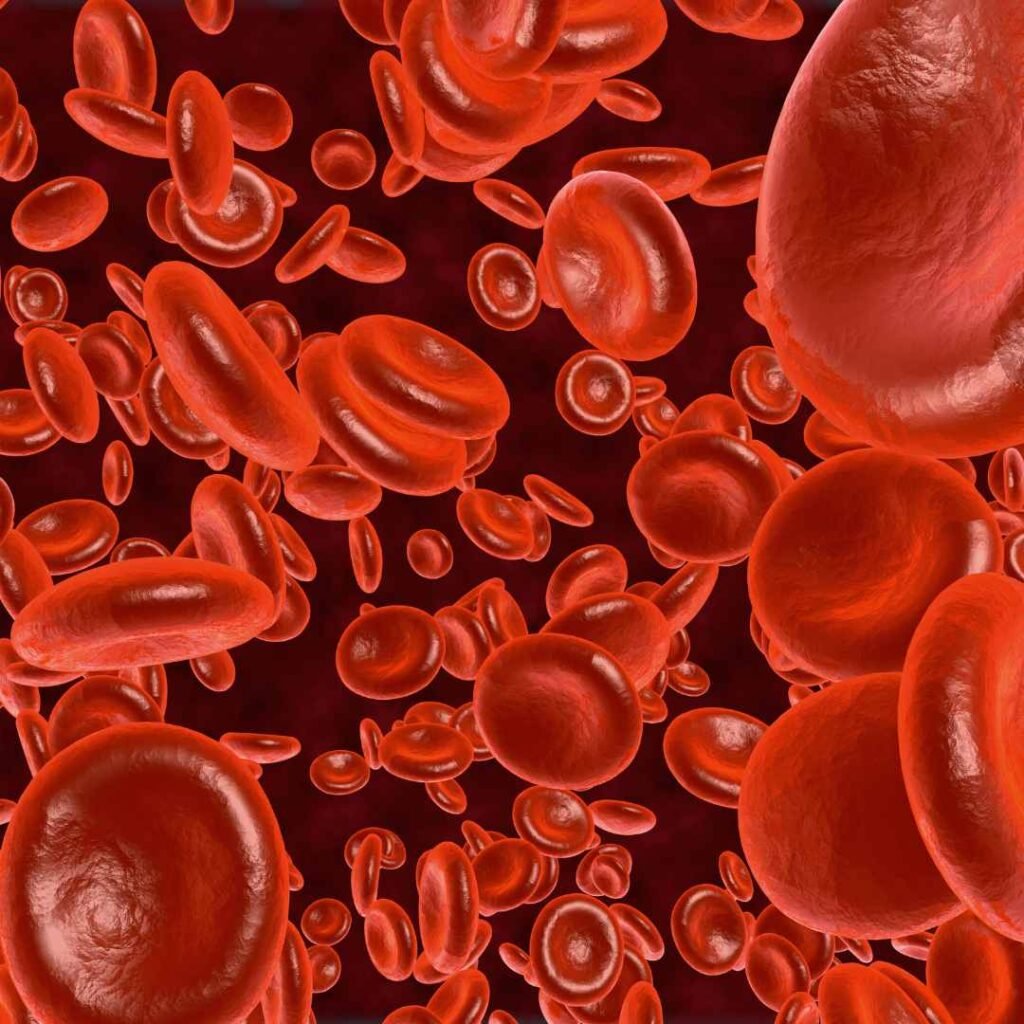
Symptoms of High Hemoglobin
- Fatigue or weakness.
- Headaches or dizziness.
- Redness or flushing of the skin.
- Breathing difficulties.
- Swelling or pain in the limbs.
Benefits of Ayurveda for High Hemoglobin
- Helps regulate hemoglobin levels naturally.
- Improves blood circulation and heart health.
- Reduces inflammation and heat in the body.
- Enhances overall well-being through natural balance.
- Prevents potential complications like clotting and fatigue.
Vitamin B12 Deficiency
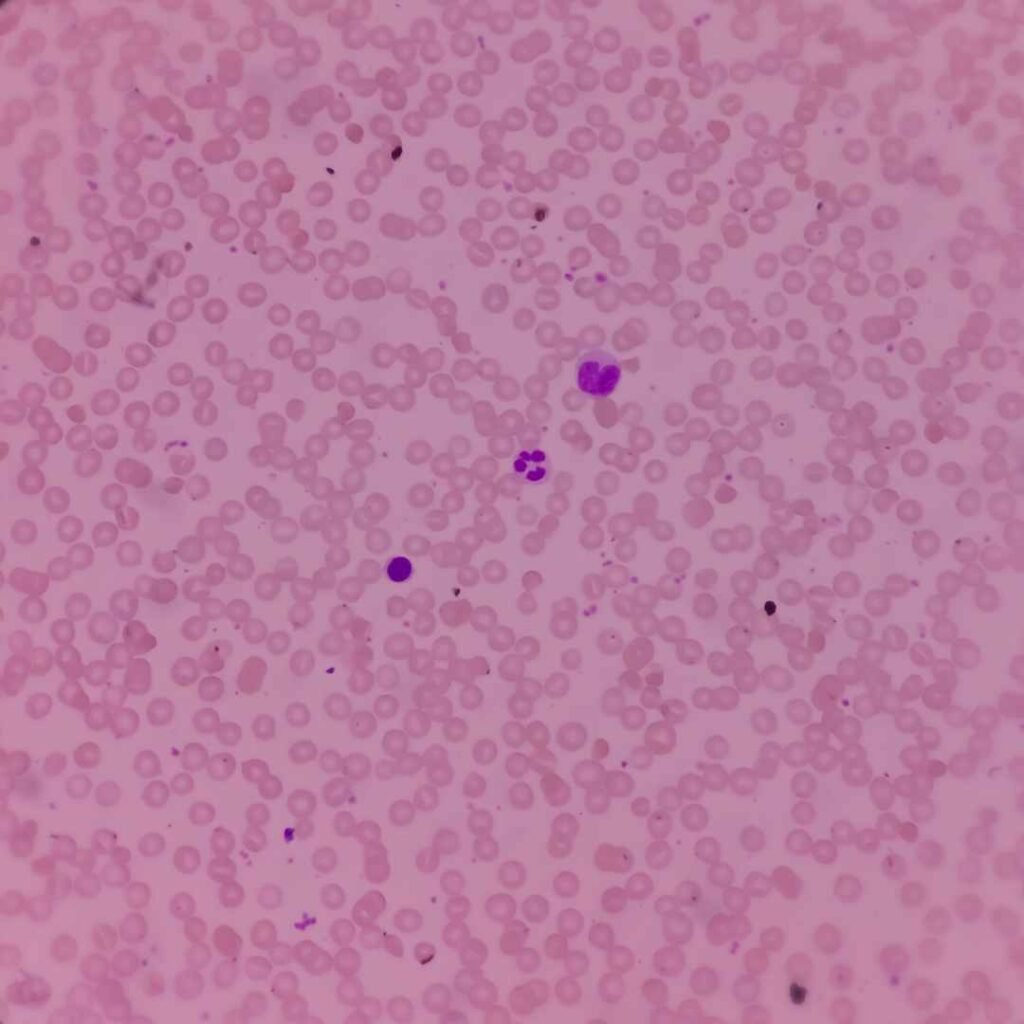
What is Vitamin B12 Deficiency?
Vitamin B12 deficiency occurs when the body does not have enough of this essential vitamin, which is crucial for the production of red blood cells and neurological health. This condition can lead to fatigue, nerve damage, and cognitive issues if left untreated. It is often caused by poor diet, digestive issues, or malabsorption.
Ayurveda Approach to Vitamin B12 Deficiency
Ayurveda treats Vitamin B12 deficiency by focusing on improving digestive health and enhancing the body’s ability to absorb essential nutrients. By balancing the body’s doshas, particularly Pitta and Vata, Ayurveda helps to nourish the blood and nervous system. This approach not only replenishes the body’s vitamin levels but also strengthens overall immunity and vitality for long-term health.
Symptoms of Vitamin B12 Deficiency
- Fatigue or weakness.
- Numbness or tingling in hands and feet.
- Memory loss or difficulty concentrating.
- Pale or jaundiced skin.
- Shortness of breath or dizziness.
Benefits of Ayurveda for Vitamin B12 Deficiency
- Enhances nutrient absorption and digestive health.
- Improves red blood cell production naturally.
- Strengthens the nervous system and cognitive functions.
- Boosts overall immunity and vitality.
- Provides long-term prevention of vitamin deficiencies.
Vitamin D Deficiency
What is Vitamin D Deficiency?
Vitamin D deficiency occurs when the body does not get enough Vitamin D, which is essential for maintaining healthy bones, muscles, and immune function. A lack of Vitamin D can lead to bone weakness, muscle pain, and increased susceptibility to infections.
Ayurveda Approach to Vitamin D Deficiency
In Ayurveda, Vitamin D deficiency is addressed by enhancing the body’s overall vitality and promoting the proper balance of Vata and Pitta doshas. Ayurvedic treatments focus on improving bone health, strengthening the immune system, and ensuring that the body absorbs vital nutrients effectively. This holistic approach ensures that deficiencies are corrected naturally while promoting long-term health.
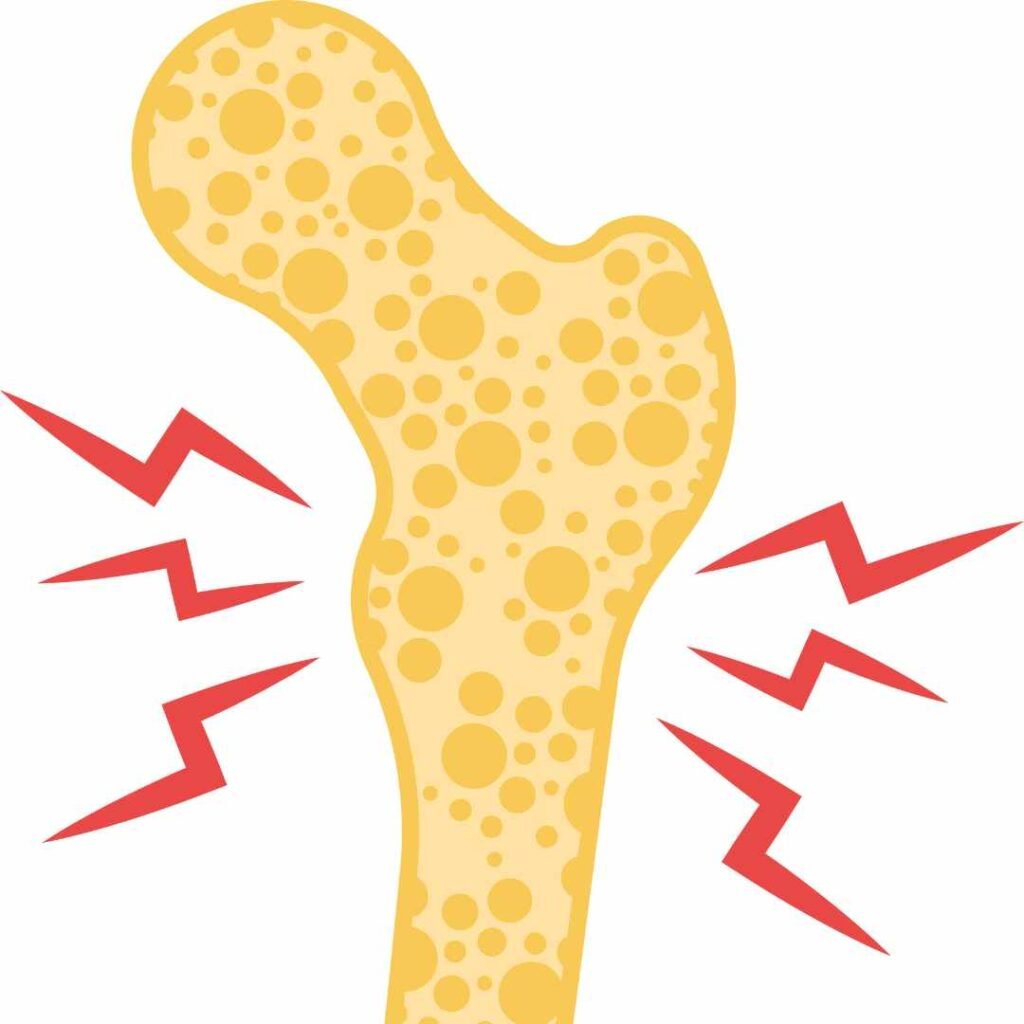
Symptoms of Vitamin D Deficiency
- Bone pain or muscle weakness.
- Frequent infections or illnesses.
- Fatigue or tiredness.
- Depression or mood changes.
- Slow wound healing.
Benefits of Ayurveda for Vitamin D Deficiency
- Strengthens bone and muscle health naturally.
- Improves immune function and resistance to illness.
- Enhances the body’s nutrient absorption capabilities.
- Boosts overall energy levels and vitality.
- Promotes long-term prevention of Vitamin D deficiency.
Varicose Veins
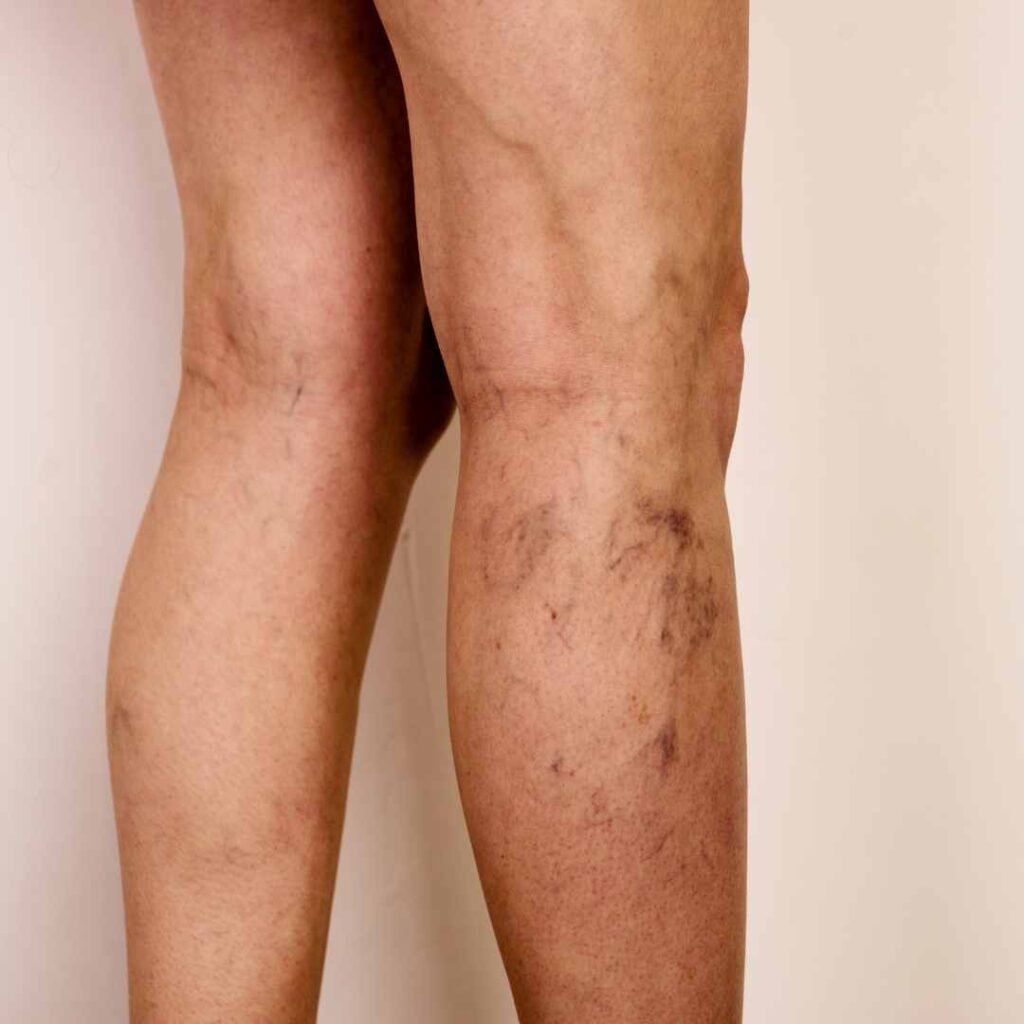
What are Varicose Veins?
Varicose veins are enlarged, swollen veins that often appear on the legs due to improper functioning of the valves within the veins. This can cause blood to pool, leading to visible, twisted veins, as well as pain, swelling, and discomfort in the affected areas.
Ayurveda Approach to Varicose Veins
Ayurveda offers a holistic approach to managing varicose veins by improving circulation, reducing inflammation, and balancing the body’s doshas, particularly Vata and Pitta. Ayurvedic treatments focus on strengthening the veins and supporting healthy blood flow to prevent pooling and alleviate discomfort. With long-term care, Ayurveda can prevent the progression of varicose veins and promote healthy circulation.
Symptoms of Varicose Veins
- Enlarged, visible veins in the legs.
- Swelling or aching in the legs.
- Itching or burning sensation around the veins.
- Pain or discomfort after prolonged standing.
- Skin discoloration or ulcers near the ankles.
Benefits of Ayurveda for Varicose Veins
- Improves blood circulation and reduces vein swelling.
- Strengthens vein walls and promotes healthy circulation.
- Alleviates pain, discomfort, and swelling naturally.
- Prevents further progression of varicose veins.
- Promotes long-term vascular health through holistic care.
Polycythemia
What is Polycythemia?
Polycythemia is a blood disorder characterized by an increased number of red blood cells in the bloodstream. This condition can lead to thickened blood, which may cause complications such as blood clots, high blood pressure, and an increased risk of heart attack or stroke. Polycythemia can be classified as primary (due to genetic mutations) or secondary (due to external factors like low oxygen levels or certain diseases).
Individuals with polycythemia may experience symptoms like headaches, dizziness, fatigue, and a ruddy complexion. Diagnosis typically involves blood tests to measure red blood cell levels, hemoglobin concentration, and hematocrit.
Ayurveda Approach to Polycythemia
Ayurveda views polycythemia as an imbalance in the body’s systems, often related to excessive heat (Pitta) and poor detoxification (Ama). Ayurvedic treatments aim to balance these doshas by focusing on dietary modifications, detoxification therapies, and lifestyle changes that promote healthy blood circulation and overall well-being.
The Ayurvedic approach emphasizes the importance of balancing blood properties through natural means, such as cleansing the body, improving digestion, and maintaining a healthy lifestyle. This holistic treatment not only addresses the symptoms of polycythemia but also targets the root causes, promoting long-term health.
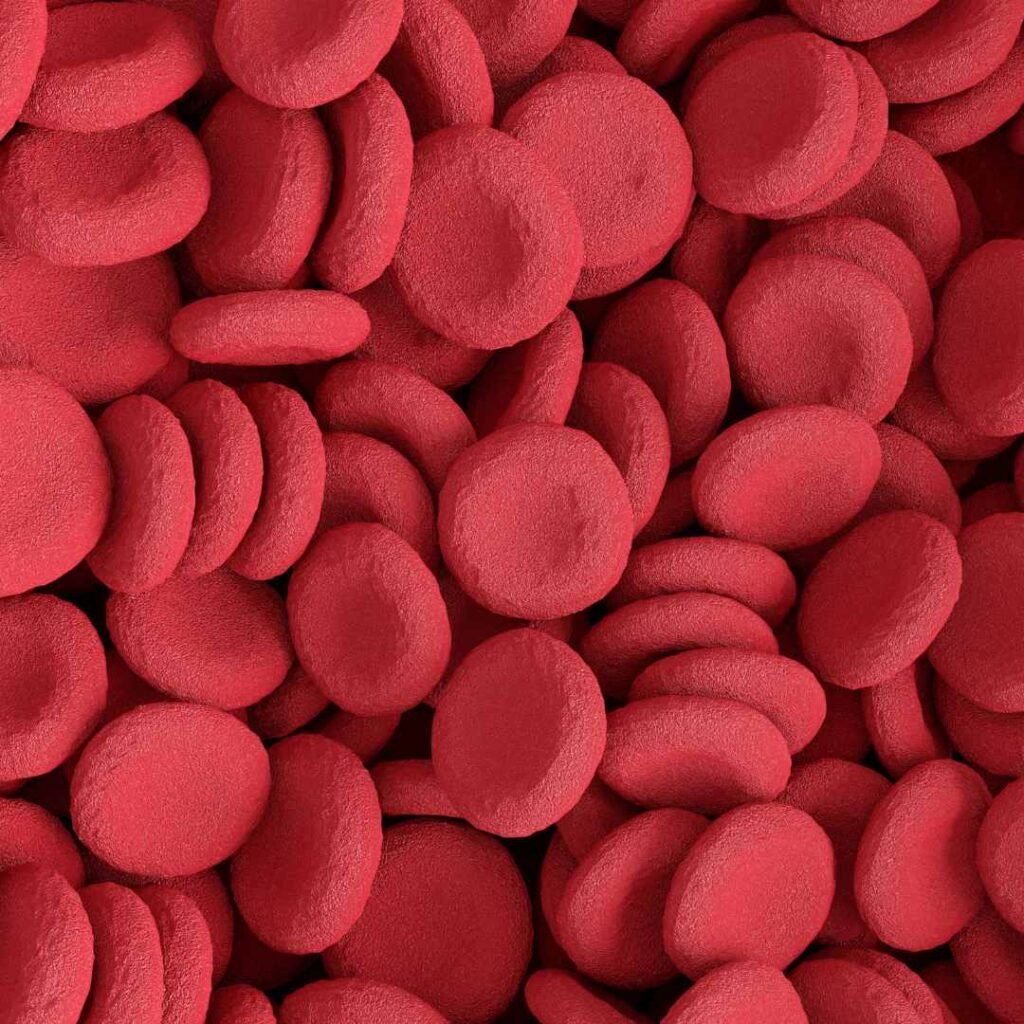
Symptoms of Polycythemia
- Headaches and dizziness.
- Flushing or reddening of the face.
- Fatigue and weakness.
- Itching, especially after a hot shower.
- Increased blood pressure.
Benefits of Ayurveda for Polycythemia
- Promotes natural detoxification to reduce blood thickness.
- Balances Pitta dosha, helping to regulate body heat and inflammation.
- Supports healthy circulation and prevents blood clots.
- Enhances overall vitality and energy levels.
- Provides a holistic approach for long-term management.
ITP (Immune Thrombocytopenic Purpura)
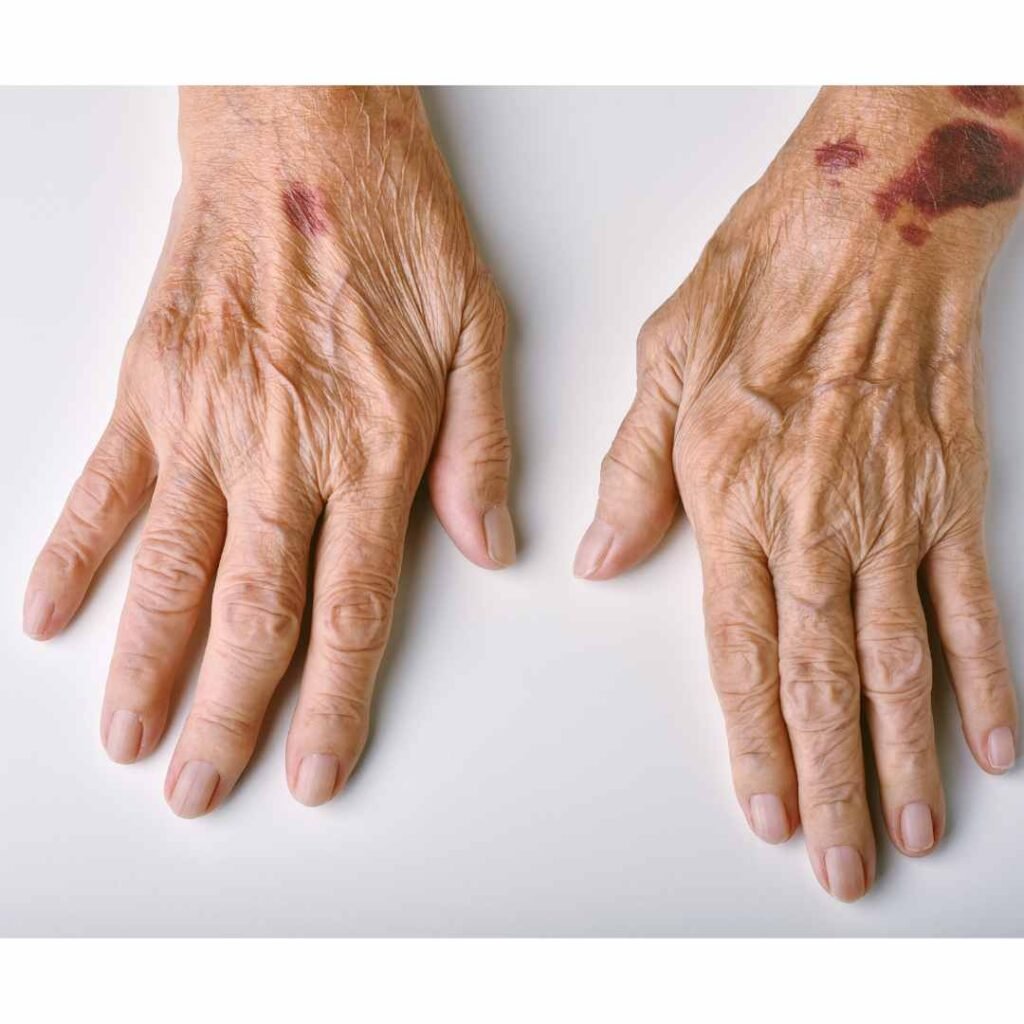
What is ITP?
Immune Thrombocytopenic Purpura (ITP) is an autoimmune disorder characterized by a low platelet count, leading to increased bleeding and bruising. The immune system mistakenly attacks and destroys platelets, which are essential for blood clotting. Symptoms may include easy bruising, frequent nosebleeds, and petechiae (small red spots on the skin).
ITP can be either acute or chronic, with treatment options ranging from medication to platelet transfusions or splenectomy in severe cases.
Ayurveda Approach to ITP
In Ayurveda, ITP is viewed as a disturbance in the body’s immune system and blood production. The focus is on balancing the doshas, particularly Kapha, which governs the body’s fluid and blood production. Ayurvedic treatments aim to strengthen the immune system, enhance platelet production, and improve overall blood health.
Ayurveda utilizes a holistic approach to manage ITP, including dietary modifications, lifestyle changes, and natural therapies that support the body’s immune function and promote healthy blood platelet levels. This long-term strategy not only addresses symptoms but also enhances overall health.
Symptoms of ITP
- Easy bruising and bleeding.
- Petechiae (small red or purple spots).
- Frequent nosebleeds.
- Fatigue and weakness.
- Heavy menstrual periods.
Benefits of Ayurveda for ITP
- Strengthens the immune system naturally to reduce platelet destruction.
- Supports healthy blood production and circulation.
- Balances the body’s doshas for optimal health.
- Reduces symptoms of fatigue and weakness.
- Provides a comprehensive approach for long-term management.
Vascular Necrosis
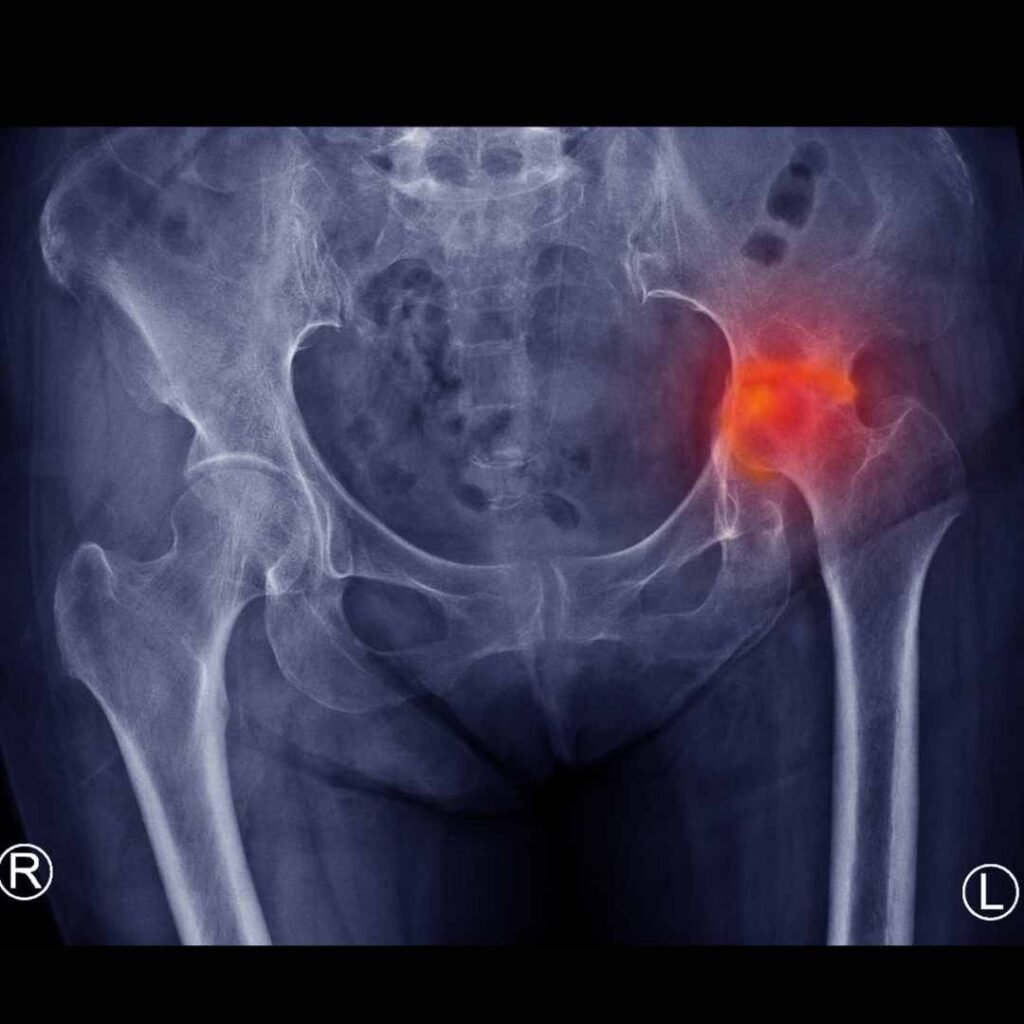
What is Vascular Necrosis?
Vascular necrosis, also known as avascular necrosis (AVN), occurs when blood supply to a bone is disrupted, leading to the death of bone tissue. This condition can affect various bones but is most commonly seen in the hip joint. Symptoms may include joint pain, limited range of motion, and swelling.
Vascular necrosis can result from trauma, long-term use of corticosteroids, excessive alcohol consumption, or certain medical conditions.
Ayurveda Approach to Vascular Necrosis
Ayurveda addresses vascular necrosis by focusing on improving circulation, promoting bone health, and reducing inflammation. The treatment emphasizes balancing the doshas and enhancing the body’s natural healing abilities. By using holistic approaches, Ayurveda aims to restore blood flow to the affected areas and improve overall joint function.
The Ayurvedic method includes lifestyle modifications, dietary changes, and natural therapies that support joint health and enhance recovery from vascular necrosis. This comprehensive approach aims for long-term improvement and prevention of further complications.
Symptoms of Vascular Necrosis
- Joint pain, especially in the hip or knee.
- Limited range of motion in the affected joint.
- Swelling and tenderness around the joint.
- Pain that worsens with weight-bearing activities.
- Possible changes in joint shape over time.
Benefits of Ayurveda for Vascular Necrosis
- Improves blood circulation to affected bones and joints.
- Reduces inflammation and pain naturally.
- Promotes healthy bone regeneration and repair.
- Balances the doshas to enhance overall health.
- Supports long-term joint health through holistic practices.
Varicose Ulcers
What are Varicose Ulcers?
Varicose ulcers are open sores that develop on the skin, typically around the lower legs, due to poor circulation and venous insufficiency. They are often associated with varicose veins and can result from prolonged pressure on the veins, leading to skin breakdown. Symptoms may include swelling, pain, and a feeling of heaviness in the legs.
Prompt treatment is essential to prevent infections and complications.
Ayurveda Approach to Varicose Ulcers
In Ayurveda, varicose ulcers are treated by addressing the root causes of venous insufficiency and promoting healthy blood circulation. The approach focuses on balancing the doshas, particularly Vata and Kapha, to enhance venous health and reduce inflammation.
Ayurvedic treatments include dietary adjustments, detoxification therapies, and lifestyle modifications that improve circulation and promote healing. This holistic approach not only addresses the ulcers but also supports overall vascular health.
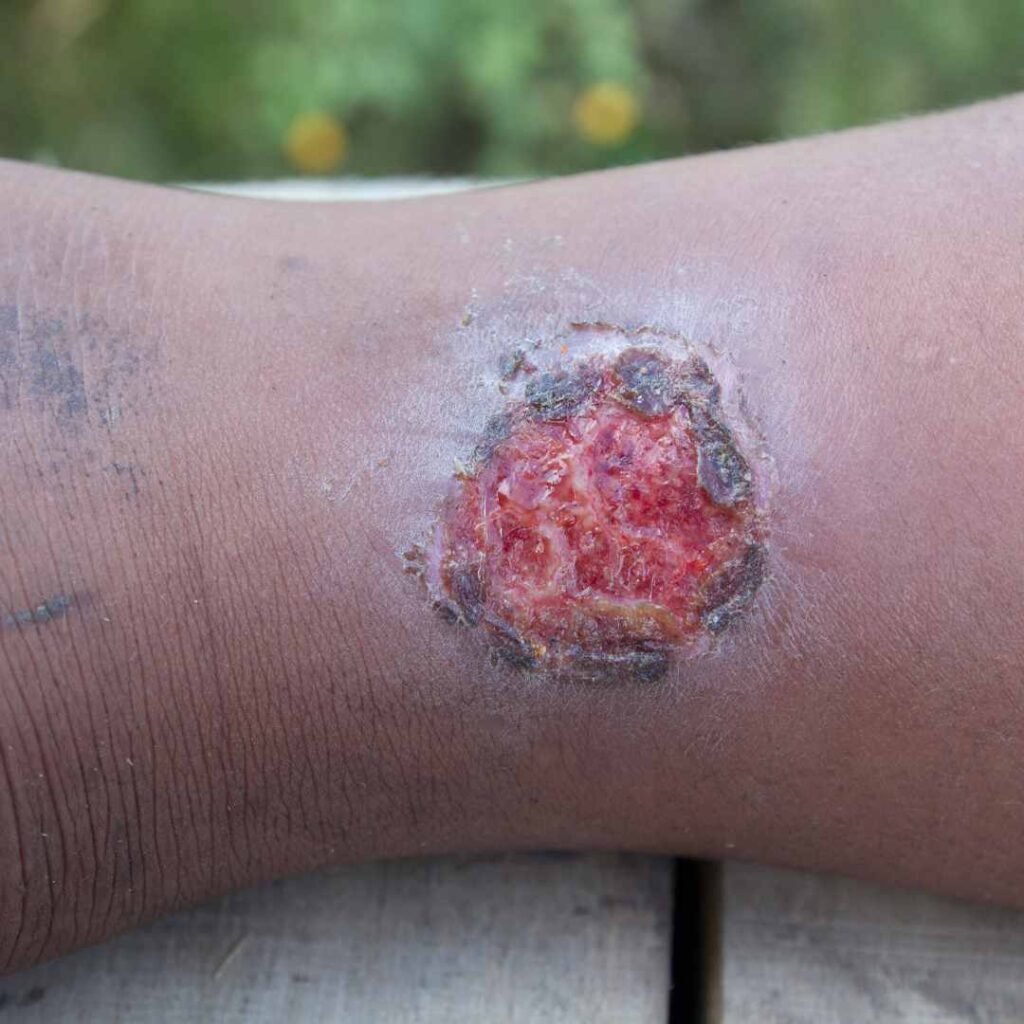
Symptoms of Varicose Ulcers
- Open sores or wounds on the lower legs.
- Swelling and inflammation in the affected area.
- Pain or discomfort around the ulcer.
- Itching or a burning sensation.
- Darkened skin around the ulcer site.
Benefits of Ayurveda for Varicose Ulcers
- Enhances blood circulation to promote healing.
- Reduces inflammation and swelling naturally.
- Supports the body’s natural healing processes.
- Balances the doshas for optimal health.
- Provides long-term strategies for preventing future ulcers.
Hematological Abnormalities?
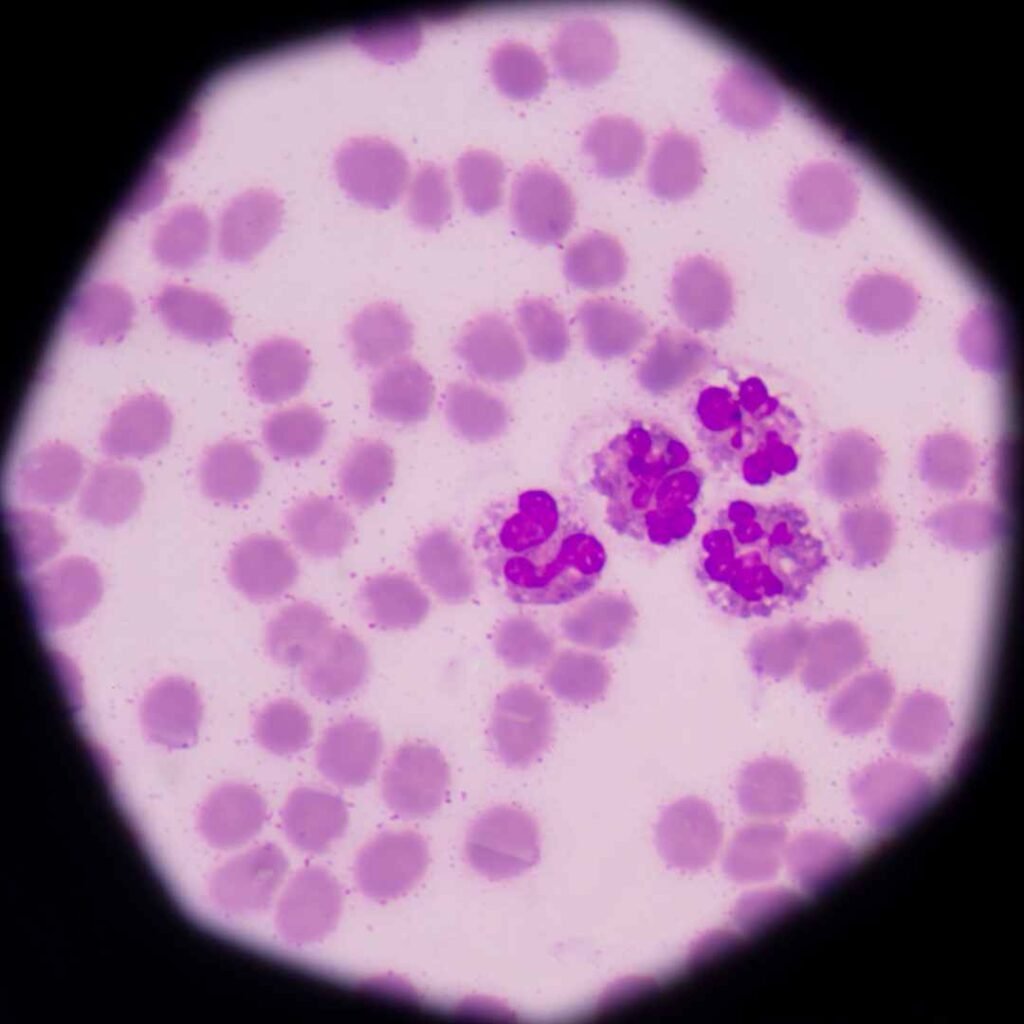
What are Hematological Abnormalities?
Hematological abnormalities refer to a range of disorders affecting the blood, including issues with red blood cells, white blood cells, and platelets. Conditions can include anemia, leukopenia, thrombocytopenia, and various blood cancers. Symptoms may vary depending on the specific disorder but often include fatigue, weakness, bleeding or bruising, and recurrent infections.
Diagnosis typically involves blood tests and evaluations of blood components.
Ayurveda Approach to Hematological Abnormalities
Ayurveda views hematological abnormalities as imbalances in the body’s systems that require a comprehensive approach to restore health. Treatment focuses on balancing the doshas, enhancing blood production, and supporting overall well-being.
Ayurvedic practices include dietary changes, lifestyle modifications, and natural therapies aimed at improving blood quality and function. This holistic approach not only addresses symptoms but also targets the underlying causes of hematological disorders.
Symptoms of Hematological Abnormalities
- Fatigue and weakness.
- Increased susceptibility to infections.
- Easy bruising or bleeding.
- Pale skin or jaundice.
- Unexplained weight loss or gain.
Benefits of Ayurveda for Hematological Abnormalities
- Supports healthy blood production and circulation.
- Strengthens the immune system to reduce infection risk.
- Balances the doshas to promote overall health.
- Provides dietary and lifestyle recommendations for long-term health.
- A holistic approach to managing various blood disorders.
Getting Relief from Hematology & Blood Disorder Treatment is just 3 Steps Away!
Get Consultation With Our Expert
Book a consultation at Aaddya Ayurvedic Clinic in Pimpri Chinchwad to discuss your health concerns. Dr. Sonalkar will provide expert advice and personalized Ayurvedic solutions for your well-being. Start your path to healing today!


